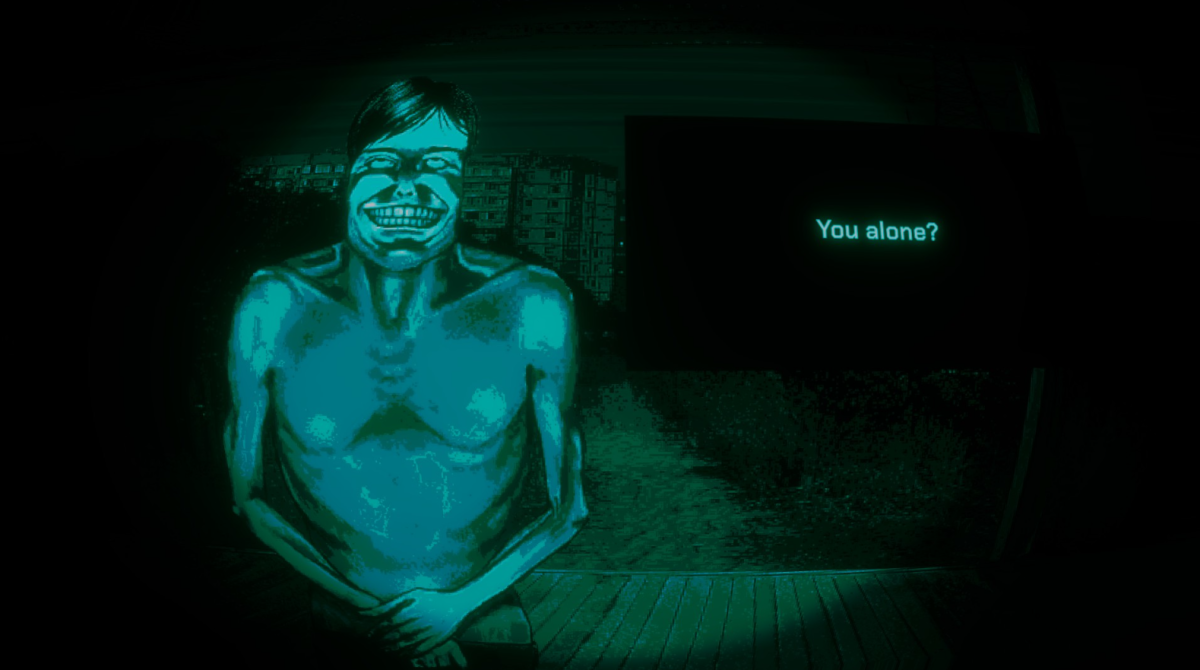No Man’s Sky holds an existential crisis for us all
August 31, 2016
Fifty years ago, our parents had Pong, the two-dimensional simulated ping pong arcade game that provided a relaxing and yet challenging experience. Today, we have No Man’s Sky – a three-dimensional, procedurally-generated endless cosmos that’s relaxing, beautiful, challenging and playable from our living room couches. The comparison between now and half a century ago is nothing short of breathtaking and awe-inspiring. Our development, as humankind, is documented in textbooks, museums and shows on the History Channel. Our timeline is shown in linear format, because we enjoy seeing how far we’ve come.
The small development team of Hello Games, created a game that would, effectively, create itself. They estimate there are about 18 quintillion – that’s 18 zeros – planets to explore and discover in No Man’s Sky. Most they haven’t even seen or worked on physically. Instead, formulas, algorithms, processing programs and more have all gone into making this simulation of a whole other universe that’s easily comparable to our own.
Many reviews of No Man’s Sky have called it “boring,” and “without a point.” But that seems to almost be the literal point of the game – that it doesn’t have one. You explore, you gather resources to build and trade with others, and do your best to survive. The whole dynamic of this video game sounds very similar to hunter-gatherer times of our own human history – except thousands, if not millions of years into the future.
This is where the existential crisis comes in: when we are able to create a simulation of an endless cosmos, with lush, realistic details and physics like our own, should we then question or worry if we are then a product of a simulation as well?
If us, right now in 2016, can create a three-dimensional universe with just computers in a small office building, imagine what future generations can do with theorized planet-sized computers. If I had to take a guess, I’d say they’d be able to create a realistic, life-like, three dimensional simulation that looks a lot like our own universe that we call home. Call our “creators” a higher state of society, or gods, but simulation theory is one actively discussed in philosophy communities around the globe, now inclusive with the popular No Man’s Sky.
This introduces an ordeal of technoethics and technomoralism. Whether it’s ethically or morally correct to create different favored universes where big decisions and mistakes don’t matter in the long term, because simulations can be restarted. Where to the simulated, those same decisions can be utterly catastrophic. It’s an issue that we have to discuss now, and discuss in the future, to see changes in who we become and what we create compared against those facts.
I don’t know what the future will bring. I don’t know if we’re actually living in a simulation right now. But what I do know is that this introduction into more realistic, life-like games, is only scratching the surface of what’s to come. The viral hit of virtual reality is just another checkmark on the laundry list of immersing ourselves totally into games. I believe that just like anything else, there will be a few hiccups along the way – everything that No Man’s Sky didn’t include – but when we get there and we improve, the end result will blow our potentially-simulated minds.


















